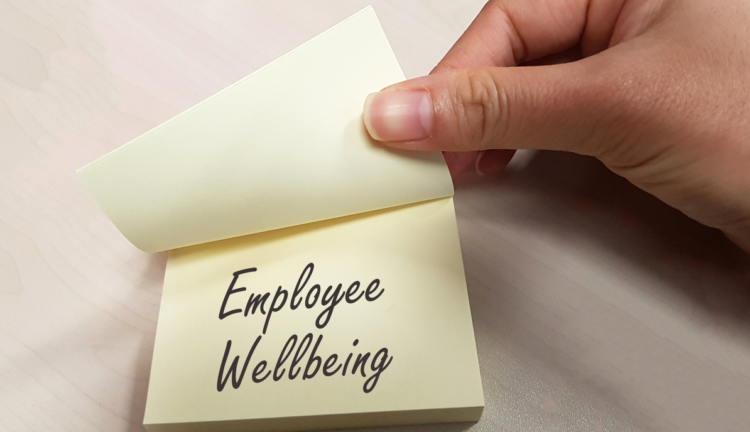Wellbeing levels for HR professionals in the UK lag behind global figures, according to a three-year comparative research project by Culture Amp and Thrive at Monash Business School.
According to the study, in 2020 when the pandemic hit, 45% of global HRs felt equipped to manage their own personal and working life demands. This figure fell to 40% in 2021 and 2022 during the height of lockdown, before rising to 44% worldwide in 2023. However, the figure for UK HRs in 2023 is 4% lower.
The data – gathered from 9,900 responses from HR professionals around the world including 856 from the UK – also found that UK HRs’ own sense of purpose is lower than the global figure. In 2023, 57% feel that their work is making a positive difference to their company, compared to 61% globally – a figure which itself remains below the 62% average of the pandemic years (2020-22).
In 2020, 41% of HRs globally felt equipped to balance the requirements of their role, dipping to 38% in 2021-2022 and levelling off at 42% for 2023. This means that over half of HRs still feel they aren’t getting the support they need to do their job.
However, 58% of UK HRs feel able to bounce back during challenging times at work, compared to 31% in 2020. Additionally, the UK HRs are more effective at switching off from work to make time for rest and relaxation (49%) compared to some of their European counterparts – 33% in the Netherlands and 37% in DACH (Germany, Austria and Switzerland).
The global data from the survey shows that the number of HRs who felt productive at work dropped from 60% in 2020 to a pandemic low of 55% in 2021-22, before recovering to 61% in 2023.
Also, in 2023, less than half (44%) of HRs are able to take regular breaks to recharge, but this was a marginal improvement over the average 40% of the previous three years.












